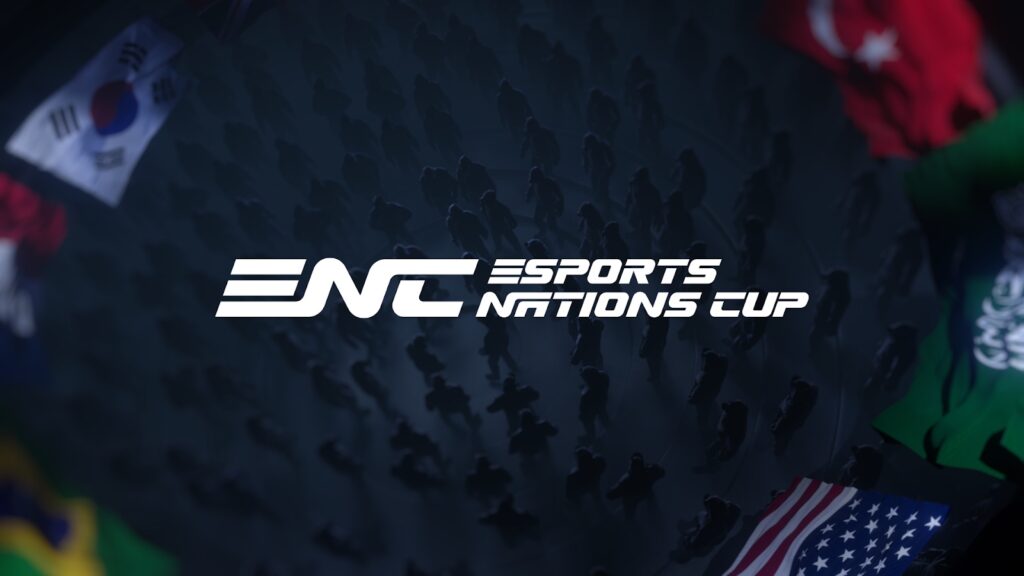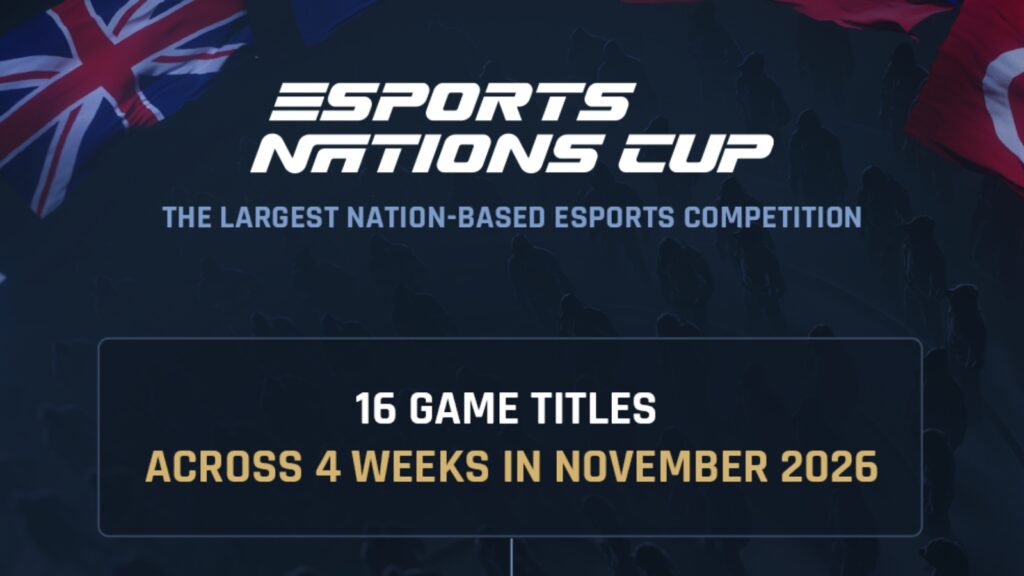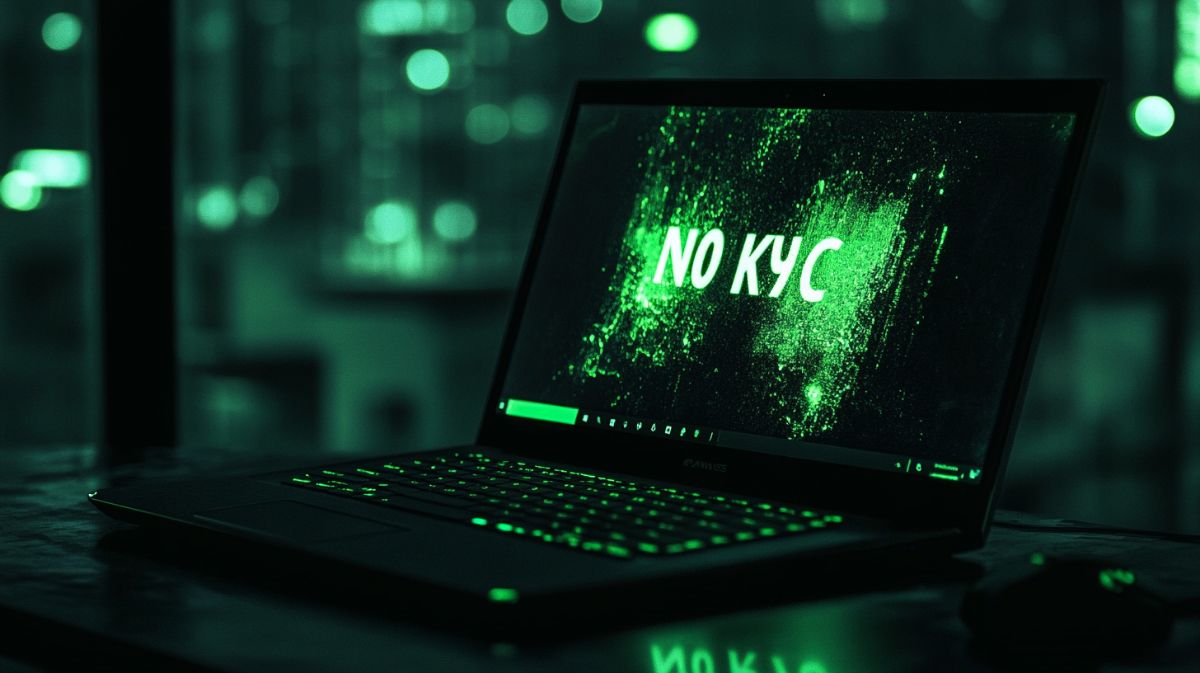Why bookmakers investing in the industry can be beneficial to esports
Most of us will be aware of how many sports betting companies have exclusive sponsorship deals with top football clubs, but it looks like bookmakers are also becoming increasingly interested in many high profile esports teams. Recently we have seen several betting sites like Betway and GG.Bet having their brand name emblazoned on top esports team shirts, and it raises many interesting questions about how this could affect the development of competitive gaming.
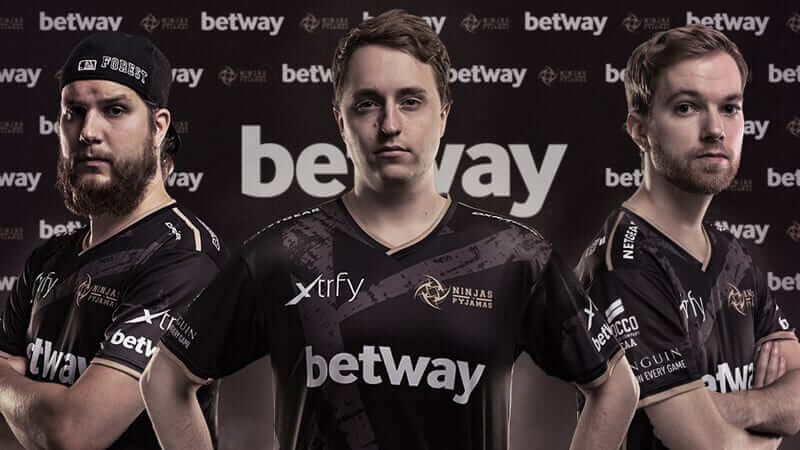
© Betway
Whilst the influx of money through sponsorship deals can only be a good thing for the growth of esports, there still remains a fair amount of scepticism over whether the association with gambling could negatively impact the large amounts of younger spectators of competitive gaming. So is this a win-win situation for esports and bookmakers alike, or are there some potentially tricky issues ahead?
Key reasons why bookmakers want to invest in esports
Sports betting sites are always keen to cover any sporting event that pulls in large audiences, and as the global esports audience is expected to hit half a billion viewers by 2021, it’s little surprise to see how bookmakers are desperate to make sure that their brand name is highly visible at esports tournaments.
In addition to this, there is the fact that a core part of the esports viewing demographic is male and in their twenties. This is a notoriously difficult audience to target, and by gaining exposure to this demographic, many bookmakers will be hoping that their efforts will be rewarded with brand name recognition and increased customer retention.
The revenue from global esports is thought to exceed $1.6 billion by 2021, and given its incredibly rapid growth, it’s clear that now is the time for bookmakers to get involved in order to take advantage of this hugely promising market.
Whilst the traditional sports betting world is relatively stable, the esports domain is constantly changing with new teams, tournaments and titles appearing each year. By making sure that their brand is closely tied with popular esports, it’s hoped that certain bookmakers will get a solid foothold in a dynamic and potentially lucrative fledgeling industry.
High profile sponsorships of esports by bookmakers
Whilst the esports industry had fairly low-key origins, it has since blossomed to become one of the fastest growing entertainment trends in the world. As the popularity of esports has grown, so has the professionalism of the teams and players. With top esports teams like Fnatic, Team SoloMid and FaZe Clan achieving some spectacular tournament successes, the need for more funding has become evermore apparent in order to consolidate their efforts.
As a result, we have seen high profile sponsorship deals from everything from fast food companies to energy drinks firms, and it was only a matter of time before bookmakers took an interest in having their brand names featured on esports team shirts and at top competitive gaming tournaments.
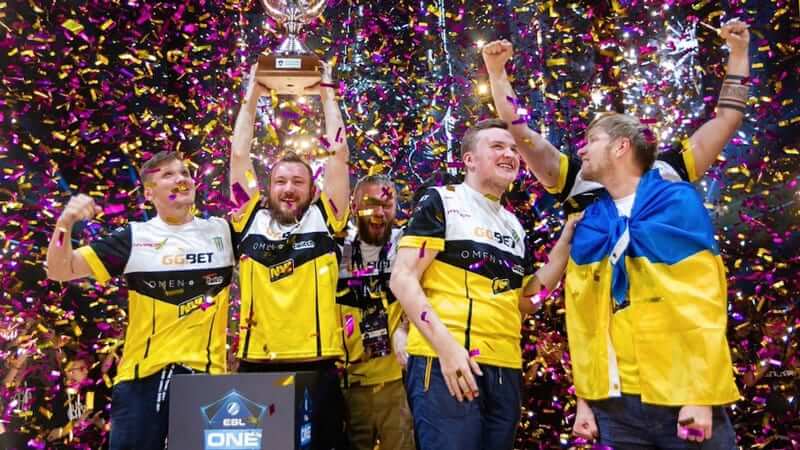
© ESL One
Anybody who tuned in to watch Natus Vincere win the ESL One Cologne 2018 tournament can’t have helped noticing how the team’s shirts had the GG.Bet brand name on the sleeves. This brand have become one of the latest esports betting sites to sponsor a competitive gaming team, and we have also seen the Rivalry esports betting brand go one step further by sponsoring the Rivalry CIS Invitational tournament in June earlier this year.
But it’s when traditional sports bookmakers like Betway get involved that you realise just how quickly things are developing. This influential bookmaker recently shocked the esports world when they decided to become the official sponsors of the Ninjas in Pyjamas esports team, and they have even followed that up by sponsoring the highly ranked Brazilian CSGO side, MIBR.
What issues could hold back bookmakers from sponsoring esports teams?
It’s always tricky when bookmakers sponsor traditional sporting events, and this carries over to esports. In the world of football we have seen many troubling instances of match-fixing, and with further issues regarding problems of gambling addiction, it’s easy to see why there might be concerns about betting companies getting involved in the relatively new esports phenomenon that is largely viewed by young people.
In addition to this, esports is so new that there is felt to be an absence of reliable statistics about players and teams that would help to generate odds that are fair and reliable. Esports has also proven to be susceptible to a few alarming cases of match-fixing with 21 CS:GO players being banned as a result of not playing fairly in 2015.
But with efforts being made to standardise and regulate the esports phenomenon to a professional level, it’s hoped that both esports and bookmakers can benefit from what could prove to be a very fruitful and long-lasting partnership.
Read Also: Rabona Review

